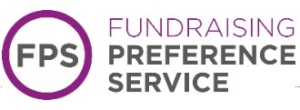


Click on the links below to share this page...
Registered Charity No. 1104300
Email us: info@arthurrankcentre.org.uk
Call us: 024 7685 3060
Find us: The View, 9 Barford Exchange, Wellesbourne Road, Barford, Warwick. CV35 8AQ
Email us: info@arthurrankcentre.org.uk
Call us: 024 7685 3060
Find us: The View, 9 Barford Exchange, Wellesbourne Road, Barford, Warwick. CV35 8AQ




